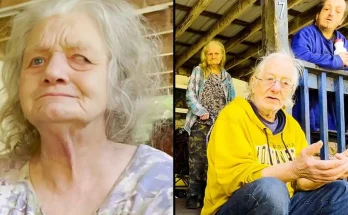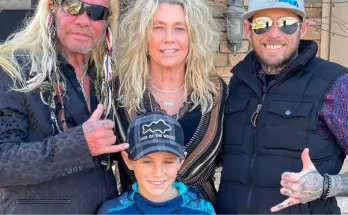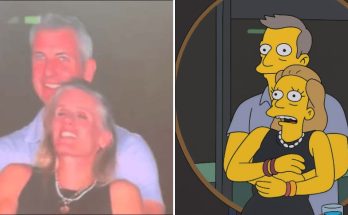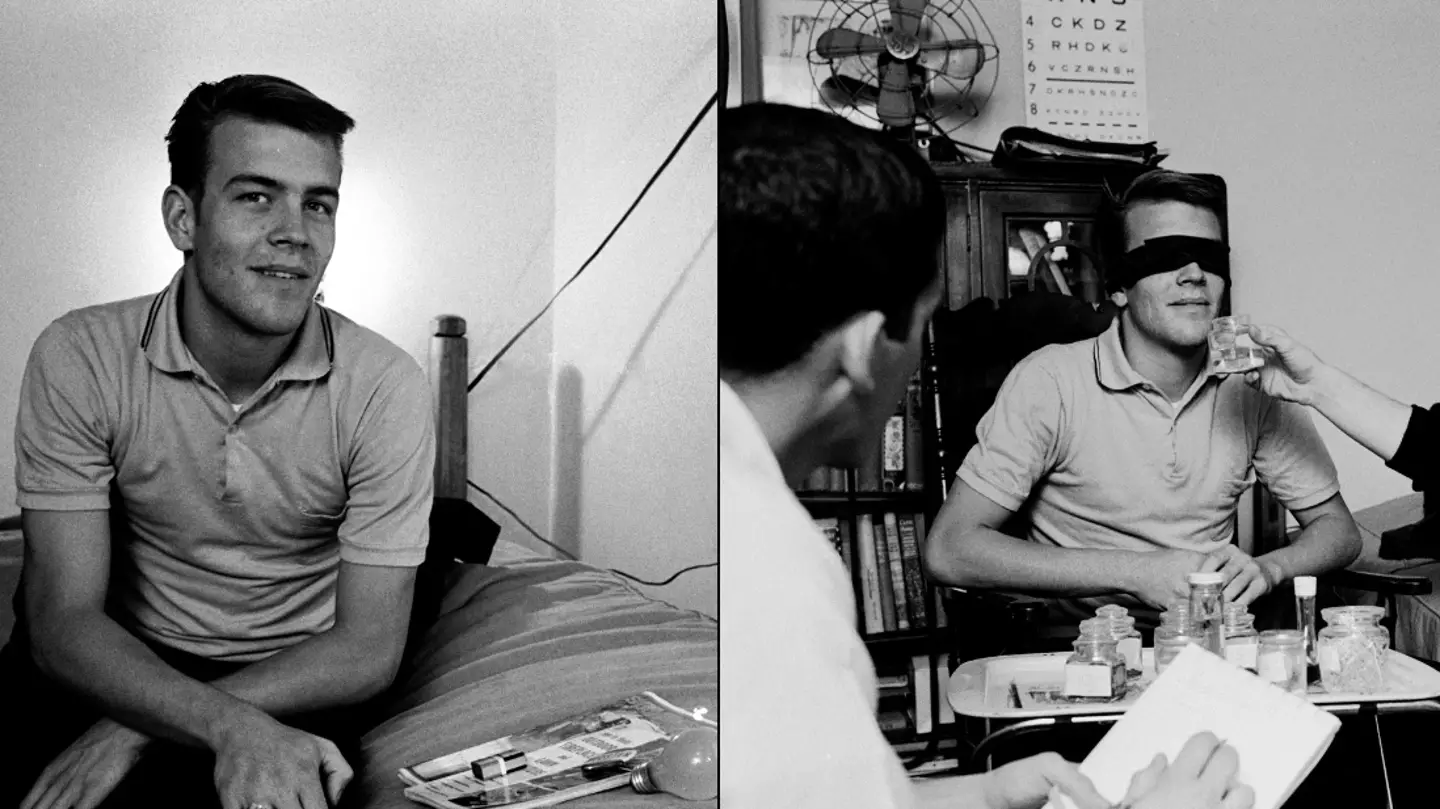
Students Randy Gardner and Bruce McAllister from San Diego, California, took on the world record for the longest period a human has voluntarily gone without sleep in 1964.
They decided to take on the mammoth task as part of a school science fair project under the supervision of Stanford University sleep researcher Dr. William C. Dement.
McAllister later explained to the BBC: “We were idiots, you know young idiots, and I stayed awake with him to monitor him.
“After three night of sleeplessness myself, I woke up tipped against the wall, writing notes on the wall itself.”
Dr Dement and US Navy medic Lieutenant Commander John J. Ross were overlooking the experiment, and according to the researchers, the effects began to kick in after the second day without any shut eye.
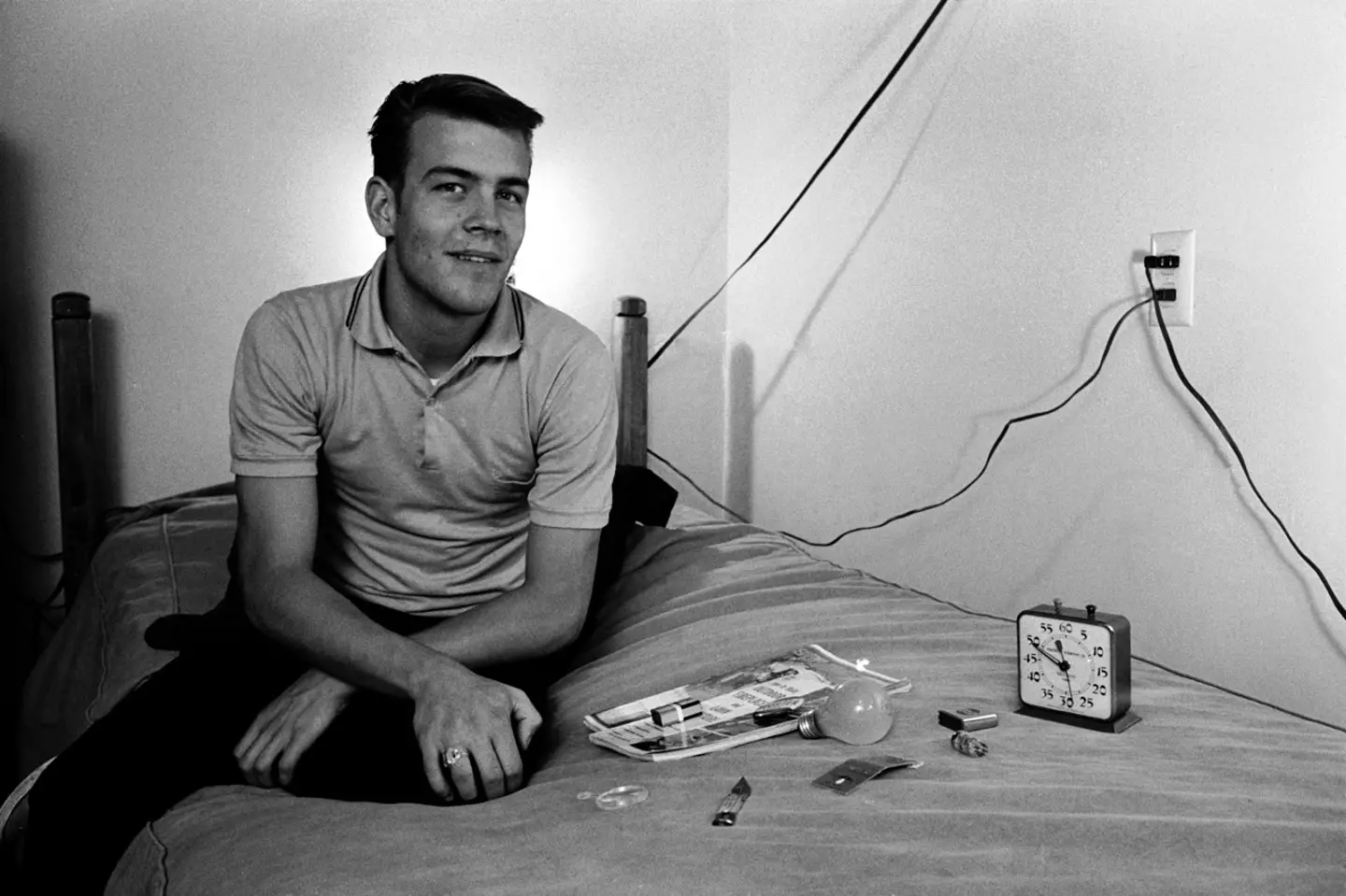
Randy Gardner didn’t sleep for over 11 days (Don Cravens/Getty Images)
Gardner began to stumble over his words when he was asked to repeat tongue twisters to test how he was feeling.
By three days without any sleep, things had taken a steep decline for Gardner who reportedly experienced health issues, such as moodiness, a lack of concentration, short-term memory loss, as well as paranoia and hallucinations.
“He was physically very fit,” Dement said. “So we could always get him going by playing basketball or going bowling, things like that. If he closed his eyes he would be immediately asleep.”
Incredibly, by the end of the experience, the teen had spent 264.4 hours awake, to be exact.
After finally succumbing to the Sand Man, the teen slept for a full 14 hours and then woke up naturally, claiming he didn’t even feel particularly ‘groggy’.
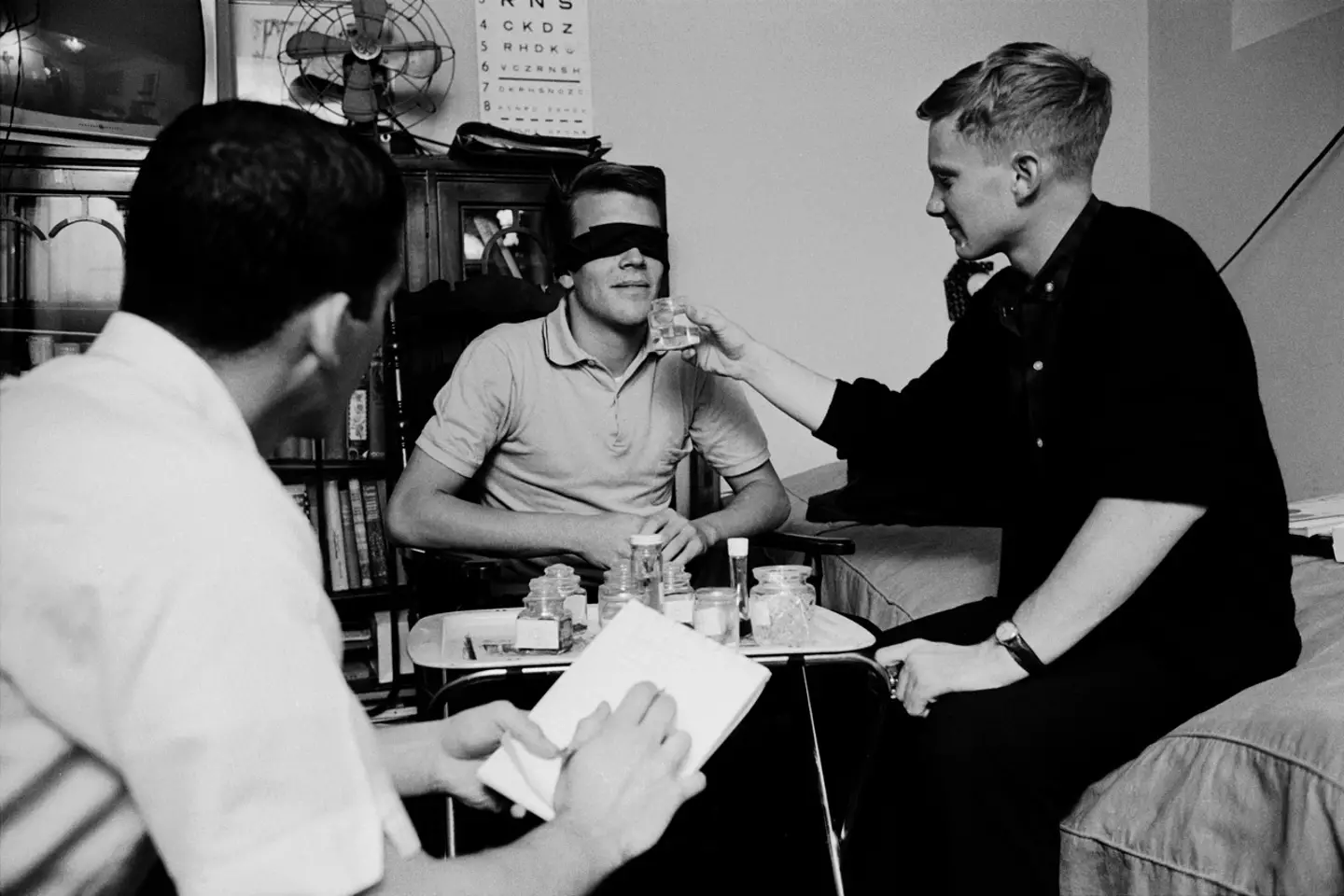
The social experiment was overseen by researchers (Don Cravens/Getty Images)
But despite initially recovering well, he went on to have problems with his sleep for years and years later, according to WBUR.
As an adult, Gardner began to experience insomnia and was convinced the experiment was to blame.
“I was awful to be around. Everything upset me. It was like a continuation of what I did 50 years ago,” he told NPR’s Morning Edition.
“You have to have sleep. It’s as important as – it’s the big three. I call it the big three.
“Water, food, sleep – you’ve got to have them, all of them.”
